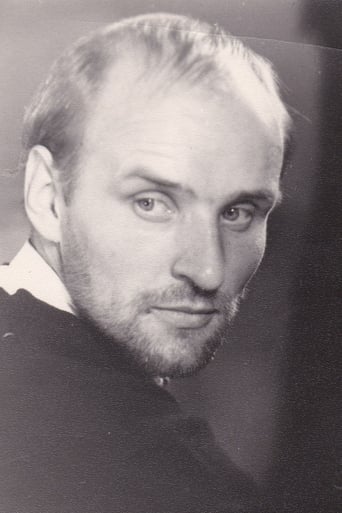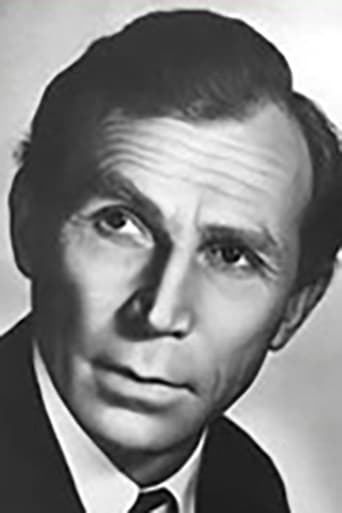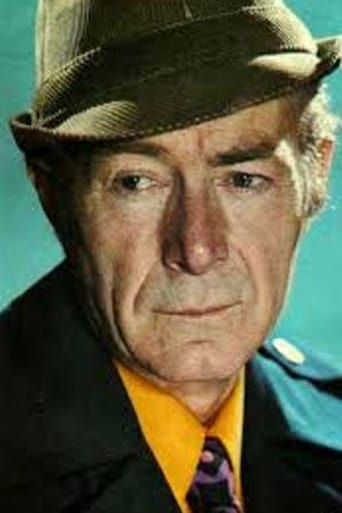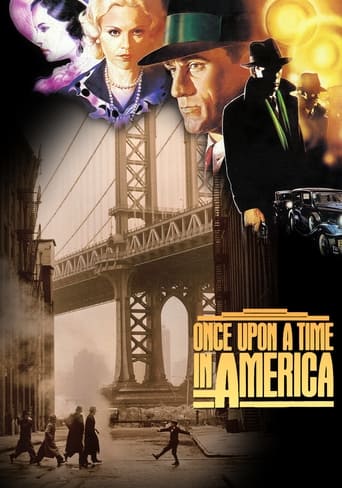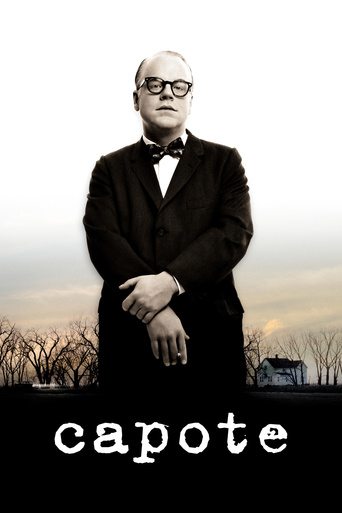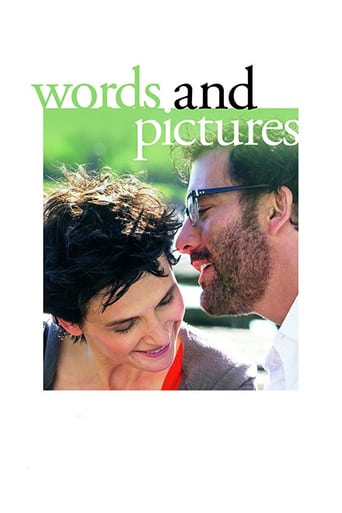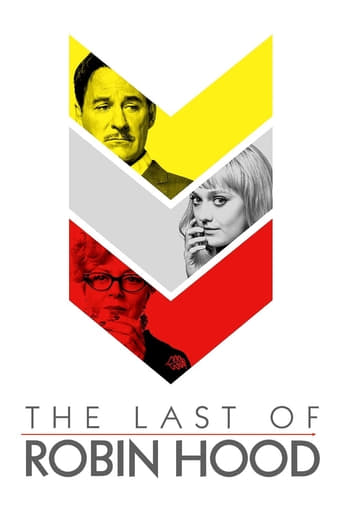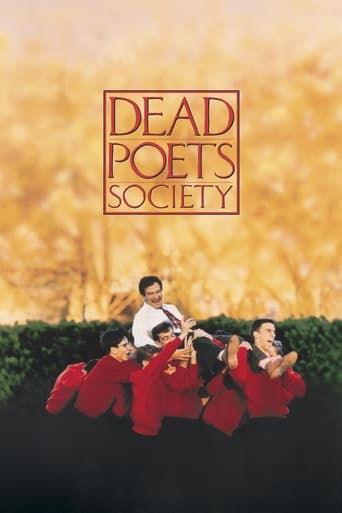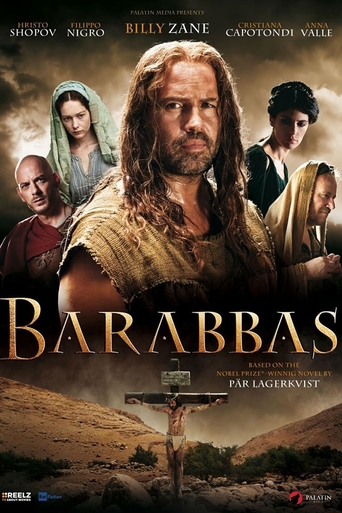
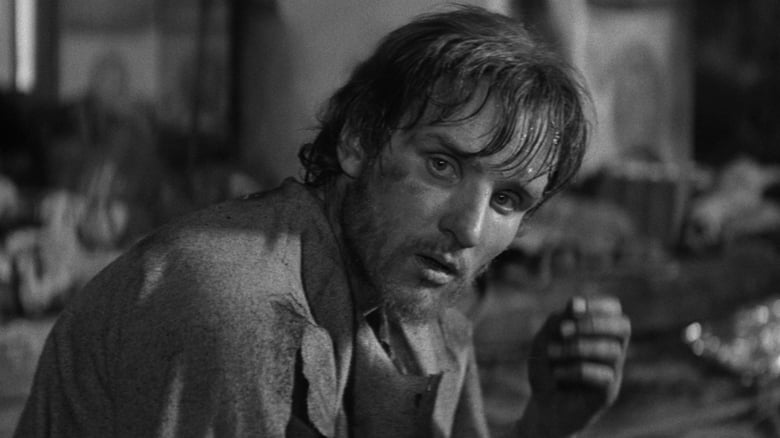
Andrei Rublev (1973)
An expansive Russian drama, this film focuses on the life of revered religious icon painter Andrei Rublev. Drifting from place to place in a tumultuous era, the peace-seeking monk eventually gains a reputation for his art. But after Rublev witnesses a brutal battle and unintentionally becomes involved, he takes a vow of silence and spends time away from his work. As he begins to ease his troubled soul, he takes steps towards becoming a painter once again.
Watch Trailer
Cast


Similar titles
Reviews
Besides its depth and breadth of concern, 'Andrei Rublev' is known for the diversity and extremity of its divergences. More than a historical biography or period drama, it is a collection of moments that can be encountered both in their own right and as figurations. Over the course of three hours, we actually meet more or less three semi-protagonists, most notably Rublev himself, but memorably, too, the young bellmaker, Boriska, whose 'stingy' father has left him 'without the secret' of his trade, but who nonetheless successfully manages to cast the bell, in the final episode. Through these various characters we are confronted with not History, but history in the lower-case: people shaping a passage through time, sometimes confounded, sometimes redeemed.With 'Andrei Rublev,' Tarkovsky was consciously crafting a language that owed nothing to literature, and it's a pity so few others followed him. In today's cinema, we're still served up linear, cause-and-effect biographies of artists as if, by doing so, we'll understand the person and be able to make sense of their art. Andrei Rublev operates according to a different understanding of time and history. It asks questions about the relationship between the artist, their society and their spiritual beliefs and doesn't seek to answer them. 'In cinema it is necessary not to explain, but to act upon the viewer's feelings, and the emotion which is awoken is what provokes thought,' wrote Tarkovsky in 1962.'I think there exists a law: author cinema is made of poets and all great directors are poets.' 'Andrei Rublev' is an example, perhaps the most important, of Tarkovsky's commitment to a formal 'poetics' of cinema. Its nonlinear narrative structure, the metaphorical interrelation of images, and its symbolism make for less a story about an event than a way of experiencing events interact. Ingmar Bergman remarked that Tarkovsky was 'the greatest' because he 'invented a new language, true to the nature of film, as it captures life as a reflection, life as a dream.'More than this, though, what we sit through is not some abstraction of reality into reverie, but an attempt to think through this conflict: the cold fact of the world and our mediated experience of it. In the end, Rublev resolves to paint again. He comforts the bellmaker, Boriska, who is overwhelmed by the solitude of his achievement: 'What a great joy for all men. You gave them such a great happiness: and you cry? Stop it!' 'Andrei Rublev' is worthy of remembering not because it collapses life into art, but because it attempts to imagine how art can be life's witness. Hence, Tarkovsky's observation: 'Art would be useless if the world were perfect, as man wouldn't look for harmony but would simply live in it.'10 out of 10.
A truly unique movie, the closest you'll get to seeing Breughel or Hieronymus Bosch in cinema. Tarkovsky shows us the life and times of Russian painter Andrei Rublev (±1365-1430) in a way that only Tarkovsky can, his trademark meandering camera hypnotizing the viewer, enabling an almost meditative state that allows us to gain deep insights into art, religion and the human condition. Parts 4, 6 and 8 in particular are fantastic, revealing the chaos and trials of medieval Europe in haunting fashion. The payoff comes in the form of the gorgeous, timeless finale - so well executed.Still, this is not as perfect a work as Stalker or Solaris. I found parts 5 and 7 to be outright boring, perhaps because some orthodox religious themes were lost on me. But these are minor quibbles - take your time to absorb this movie, even if you don't consider yourself the type to enjoy 3 hour allegories about obscure Russian icon painters. For better or for worse, it will be a once in a lifetime experience.
ANDREI RUBLEV is another slow and ponderous movie from Russian director Andrei Tarkovsky, a man best known in the west for his lengthy sci-fi effort SOLARIS. This one's even less accessible to the average cinema goer, featuring a dense plot loaded with religious content. The story is about a real life Russian painter of the 15th century, told in various illustrative chapters.I admit that I found the subject matter of this film rather off-putting and the lengthy running time even more so. Tarkovsky's film is picturesque and beautiful, yes, but not on the same level as Bergman, for example. I liked the way the story is broken up into chapters but much of the material seems deliberately pious and the mannered performances don't help. The most dramatic part is a Tartar raid around the midway mark, but sadly this moment features some real-life animal cruelty that makes the experience rather repellent.
First of all, this is a movie about the medieval age in Russia. It's about a dark and dangerous time. I wouldn't wish to be born at that period of time even to my worst enemy. The only island of stability and culture in that ocean of darkness is a Church institution.This movie is a set of episodes from around a life of famous icon painter, a monk Andrey Rublev. Yes, it is not exactly his life stories; these stories about a life of that time, about hideosity, about severity. There is much naturalism in it; but there's no "too much" naturalism feeling which leads to a poor style. You understand it while watching: this is the way that it was then, nothing more.It is a masterpiece of photography and scenery. A visual image settles firmly into my memory. It is a genius acting; even a small role of Yuri Nikulin is a diamond between other diamonds. Crowd scenes are really massive. Altogether, there is a complete diving into the atmosphere of the movie.I don't much connected with faith nor religion internally. It's not close to my feelings. But I don't think that the movie is about religious feelings. Also I do not know much about details of that period of time in Russia; but it's not really matters too, methinks. But I consider this movie as a genuine art, and I'm very proud that my homeland is a homeland for a such genius person as film director Andrey Tarkovsky.I heard that Tarkovsky was a kind of fanatic. I heard that for achieving maximum realism he allowed horses to break their legs due a filming process; or even some people accuse him in burning a cow alive during the battle scene of Golden Horde's warriors raid. I do not know how much truth are in that statements, and I wouldn't comment these no more. All I know that his fanaticism was well transformed into a great result which couldn't be achieved by anyone but him.My rate: 10/10


